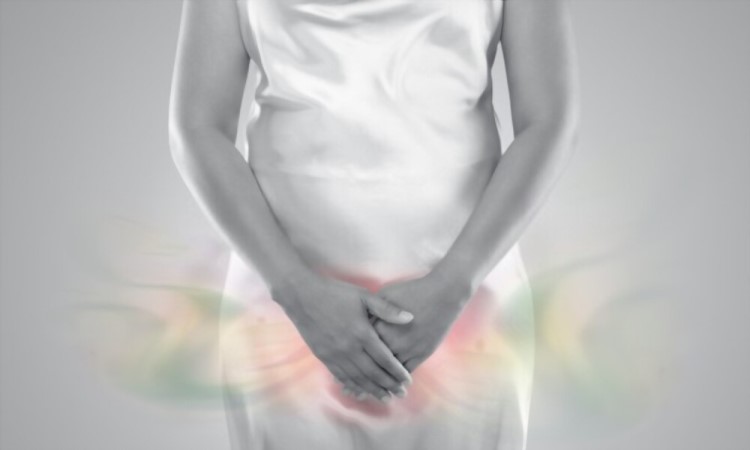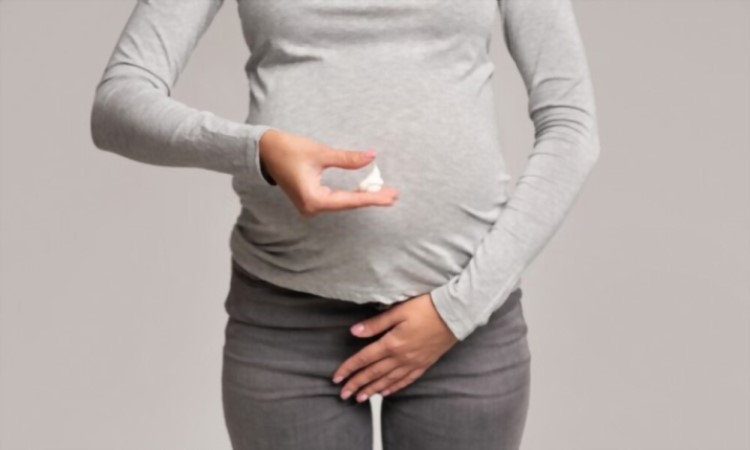Pregnancy changes your body and the way it functions in ways that can be difficult to understand and comprehend. Along with other common pregnancy problems like constipation, hemorrhoids, back pain, nausea and morning sickness and the lot, many of us women face the problem of being itchy down there. Yes, vaginal itching during pregnancy does happen, and is quite common. And, believe me, it is no fun at all.
What Causes Vaginal Itching During Pregnancy?
When pregnant, there is considerable change in pH levels in the vaginal area that can cause topical irritation and a good degree of discomfort. However, vaginal discomfort may also be caused due to yeast infections, STDs, thrush and urinary tract infections. However, unless one of these conditions is determined, it is safe to assume that itchiness down there is simply because of some changes happening in the vaginal area.
Yellow discharge during pregnancy
Vaginal discharge is a very common occurrence during pregnancy. It may range in consistency and color as the pregnancy progresses. Vaginal discharge during pregnancy should be clear, milky and /or dull, without any odor or smell. Yellow discharge during pregnancy is usually indicative of a health problem, especially if it is accompanied with itching skin and a foul smell. Yellowish discharge bearing the consistency of an egg is generally considered normal during pregnancy, provided it does not smell.
However, you may notice the vaginal discharge getting yellowish, with neutral hues, during the later stages of the third trimester. The discharge is indicative that your body is preparing itself for labour, and is usually not a cause of worry. It does not mean that you should ignore when white, clear discharge suddenly turns into yellow – infact, there is no harm asking your doctor about it to make sure there are no underlying medical issues that might need attention.
Related Reading: 12 Permanent Body Changes After Pregnancy That Women Experience
Thrush in pregnancy

Thrush is one of the most common pregnancy infections. Changes in vaginal discharge and some discomforts are usually the first signs of thrush. Some other symptoms usually accompanying thrush are-
- Redness around the vaginal lips
- Itchy and soreness in the vaginal area
- Thick vaginal discharge with an unpleasant, yeasty smell
- Burning or stinging sensation when you pee
- Pain or soreness during sexual acts
Thrush is a fungal infection and our panel gynaecologist Dr Ankita Patel Tayal recommends to seek medical advice for the condition, especially when you are pregnant. You will mostly be given topical anti-fungal creams and antifungal pessaries suiting your stage of pregnancy.
How Can I Treat Vaginal Itching During Pregnancy?
The first thing to do is to see the doctor to rule out any infection and then try some simple remedies to treat vaginal itching. Taking a STD test and getting yourself tested for the same helps rule out any other infection that can affect the natural course of your pregnancy.
Some ways to deal with vaginal itching during pregnancy include:
Calculate Due Date With LMP
- Taking baths with a solution of baking soda
- Cold compresses on the site of vaginal itching
- Because male semen is believed to have low pH levels, having sex may help too
- Using pH balanced medically prescribed solutions to clean the vaginal areas
- Applying coconut oil to the itchy skin, but do not put the oil inside your vagina.
Remember that home remedies generally do not treat the underlying cause of vaginal itching and may be appropriate if the itching is mild only.
Should I Use OTC Creams For Vaginal Discomfort During Pregnancy?

Though it may be safe to use OTC creams and lotions to ease vaginal discomfort, it is better to seek your doctor’s opinion as that can help rule out any other infection. It may, however, be alright to keep the vaginal area moisturised and clean.
Related Reading: 9 Common Infections During Pregnancy You Should Be Aware Of
How Can I Prevent Vaginal Itching During Pregnancy?
Vaginal itching during pregnancy can be irritating, discomforting and more so, indicative that you probably need to give more attention down there. Dr Ankita Patel Tayal, MD Obs & Gynae, recommends certain practices that can reduce the risk of vaginal yeast infections and other causes of vaginal itching.
- Hygiene plays a key role in preventing and keeping vaginal itching and discomfort at a bay. Keep your vaginal area clean and dry
- Use warm water and a pH balanced gentle cleanser to clean the area. You can also just use plain warm water. Make sure you pat the area dry
- Feminine hygiene products should be avoided as they are laced with chemical irritants
- Avoid using harsh soaps and chemical solutions to clean the vaginal area
- As a practice, make sure you wipe yourself clean from front to back after a bowel movement
- Wear comfortable clothing and avoid dresses or clothing that is particularly tight on the area
- Wear cotton undies and avoid nylon or lacy underpants
- Avoid vaginal douches and tampons
- Wash your underpants with natural, fragrance free detergents and fabric softeners. Dry your laundry in the sun
- Avoid using towels or soaps that have been used by other people
When Should I See A Doctor?
Ideally, when pregnant, you should see a doctor for anything that makes you uncomfortable and vaginal itching is no exception. Try the above listed home remedies for a few days and if the condition worsens or you see no improvement, fix an appointment with your doctor. Yellowish discharge with a thick consistency and a foul smell should not be ignored at all. Pregnancy is a very delicate matter so being careful is the only way out.

